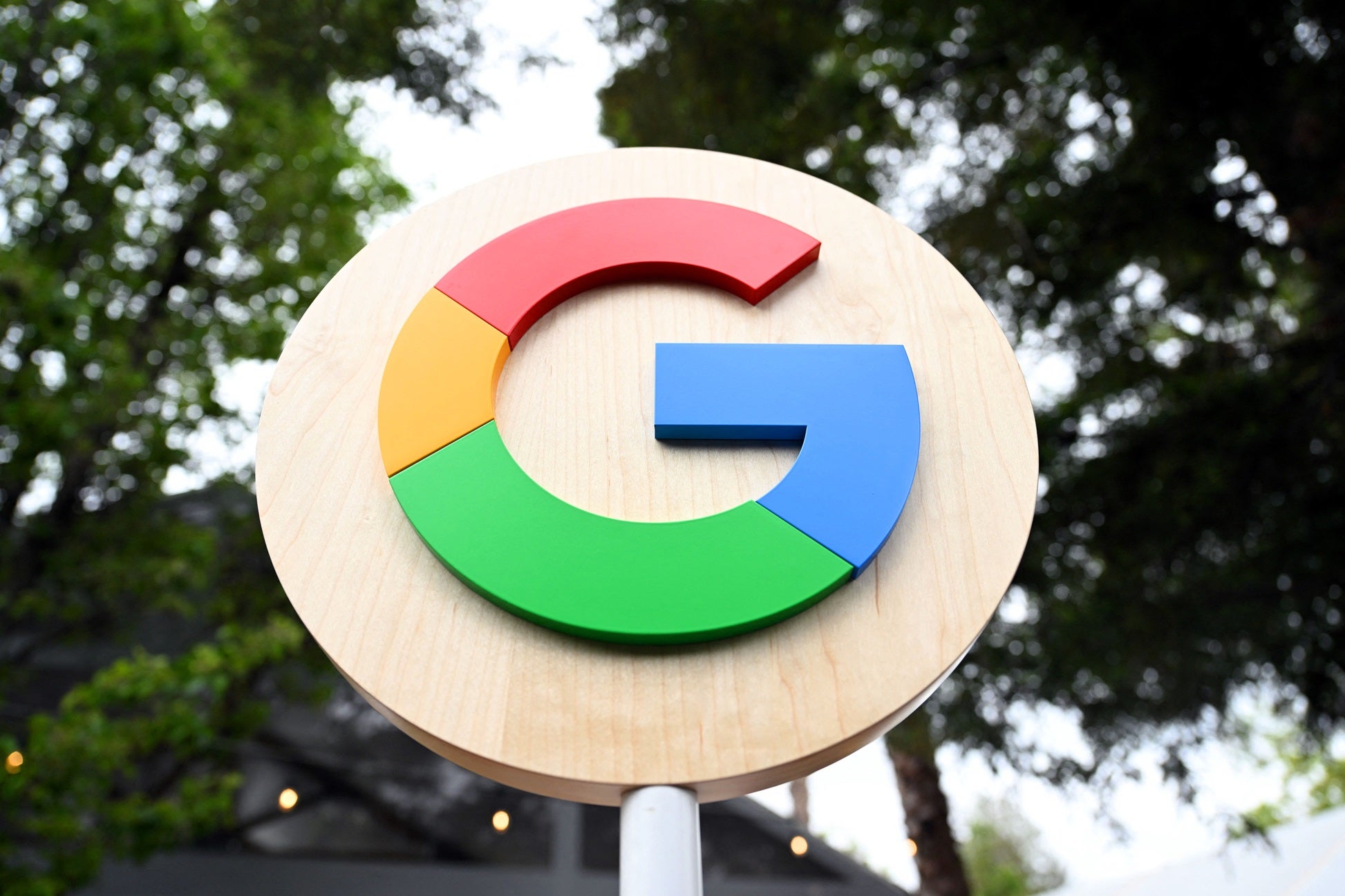Google just revealed how damaging AI actually is
AI is putting climate targets in jeopardy and may require an energy revolution

The vast energy needs of artificial intelligence are once again under scrutiny after Google published its latest environmental report, revealing that AI had caused its carbon emissions to surge by nearly 50 per cent over the last five years.
The electricity demands of AI technologies like Google’s Gemini chatbot are so extreme that it risks jeopardising the tech giant’s clean energy targets put in place to combat climate change. Three years ago, Google set out a target to reach net zero carbon emissions by 2030, meaning it would release no more harmful gases into the atmosphere than it removes.
But new figures reveal that rather than decline, Google’s emissions have actually soared by 48 per cent since 2019.
In its annual sustainability report, published on Tuesday, Google described its 2030 goal as “extremely ambitious”, adding that “it won’t be easy” to achieve as a result of AI.
“Our approach will continue to evolve and will require us to navigate significant uncertainty - including the uncertainty around the future environmental impact of AI, which is complex and difficult to predict,” the report stated. “In addition, solutions for some key global challenges don’t currently exist, and will depend heavily on the broader clean energy transition.”
The current focus on building and developing AI products means Google’s emissions will actually increase further before dropping towards its target, the company said. This appears to be part of a broader industry trend that has seen other tech firms warning about the massive energy requirements of AI.
Earlier this year, OpenAI boss Sam Altman warned that future versions of ChatGPT will require nothing short of an energy revolution in order to sustain the technology. Speaking at the World Economic Forum’s annual meeting in Davos in January, the AI boss said that progress would require major advances with nuclear fusion, which has so far proved elusive.
“There’s no way to get there without a breakthrough – It motivates us to go invest more,” he said, referring to the near-limitless energy potential of nuclear fusion, which mimics the natural reactions that occur within the Sun to produce what some scientists have referred to as the “holy grail” of clean energy.
Altman has already personally invested nearly $400 million into a US-based fusion startup called Helion Energy, with the hope that it can begin producing electricity at a commercial scale by 2028. Others within the industry fear it may still be decades away.
Microsoft has also made a substantial investment in Helion Energy, becoming the first company in the world last year to make a purchase agreement for nuclear fusion energy to power its own AI plans.
Google’s latest environmental report does not mention nuclear fusion specifically, but did reference “emerging technologies” that could help it realise its climate targets.
The arrival of AI as a leading focus for the tech industry could even provoke a renewed focus on clean energy solutions, the report claimed, with advanced models even offering their own potential for making breakthroughs in renewable and clean energy technologies.
“AI holds immense promise to drive climate action,” the report stated. “AI has the potential to help mitigate 5-10 per cent of global greenhouse gas emissions by 2030... Through our products, we aim to help individuals, cities, and other partners collectively reduce 1 gigaton of carbon equivalent emissions annually by 2030, and we’ll continue to develop technologies that help communities adapt to the effects of climate change.”
Join our commenting forum
Join thought-provoking conversations, follow other Independent readers and see their replies
Comments
Bookmark popover
Removed from bookmarks